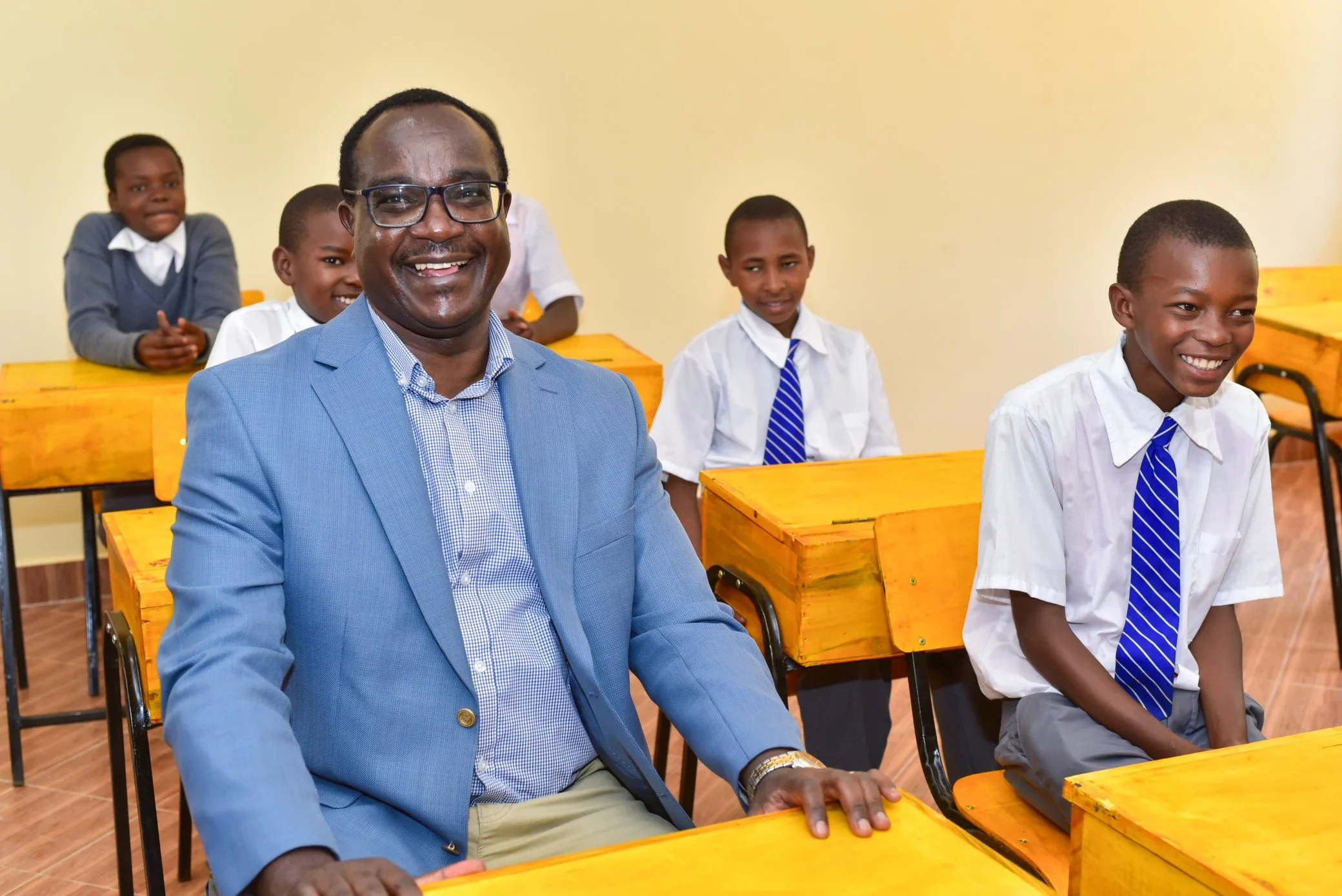Mathematics No Longer Mandatory in Senior Secondary.
Mathematics will no longer be a compulsory subject for students advancing to senior secondary school, introducing one of the most significant shifts under the Competency-Based Curriculum (CBC).
Instead, students must study English or Kenya Sign Language, Kiswahili, Physical Education, and Community Service Learning as mandatory subjects. They will also select from 38 other subjects to shape their academic and professional paths.
This change diverges from the outgoing 8-4-4 system, where Mathematics was a core subject alongside English, Kiswahili, and at least two sciences (Physics, Chemistry, or Biology). Senior schools will now be categorized into distinct academic pathways to cater to students’ varied interests and abilities.
Senior School Pathways and Subject Selection
Senior secondary institutions will be structured into three primary categories to accommodate different student strengths. The Triple Pathway Schools will provide three learning options: Science, Technology, Engineering, and Mathematics (STEM); Social Sciences; and Arts and Sports. Students will choose one pathway aligning with their aspirations.
The Double Pathway Schools will focus on either STEM and Social Sciences or STEM and Arts. Meanwhile, Vocational and Special Needs Pathway Schools will serve learners with disabilities such as autism, cerebral palsy, and cognitive challenges, prioritizing vocational training tailored to their skills.
To enhance placement diversity, the Ministry of Education has also categorized senior schools based on accommodation. Schools will include day schools, hybrid schools (offering both day and boarding facilities for boys, girls, or mixed-gender students), and special needs institutions equipped to support learners with visual, hearing, or physical impairments.
New Selection and Placement Criteria
Basic Education Principal Secretary Belio Kipsang stated that Grade 9 learners, the first CBC class, will begin selecting their subjects and senior schools in the second term of the year. The ministry aims to give students and parents time to deliberate on their interests before making informed choices. The selection process will commence once learners return to school.
Additionally, the ministry has proposed capping the number of students from a single junior secondary school joining the same senior school at five. This measure aims to promote diversity in school placements. However, some stakeholders believe this might be overly ambitious, particularly for day schools that primarily admit students from nearby communities.
Assessment and Placement Process
The Kenya National Examination Council announced that students’ final Grade 9 scores will be determined by three components: performance in primary school, internal assessments conducted by teachers, and the Kenya Junior School Education Assessment (KJSEA) administered at the end of the year.
KJSEA will contribute 60% of the final score and will partially influence the senior school placement process. The remaining 40% will be evenly split between internal teacher assessments and primary school performance.
Read Also: KCSE 2025 Examination Timetable And Guidelines
Students who are dissatisfied with their assigned school can request a transfer, provided spaces are available after reporting. Meanwhile, private candidates who are not enrolled in formal learning institutions will only be placed in day senior secondary schools.
These reforms mark a fundamental shift in the country’s education system, prioritizing flexibility and individualized learning paths over a uniform subject structure.
Mathematics No Longer Mandatory in Senior Secondary.


Discussion about this post